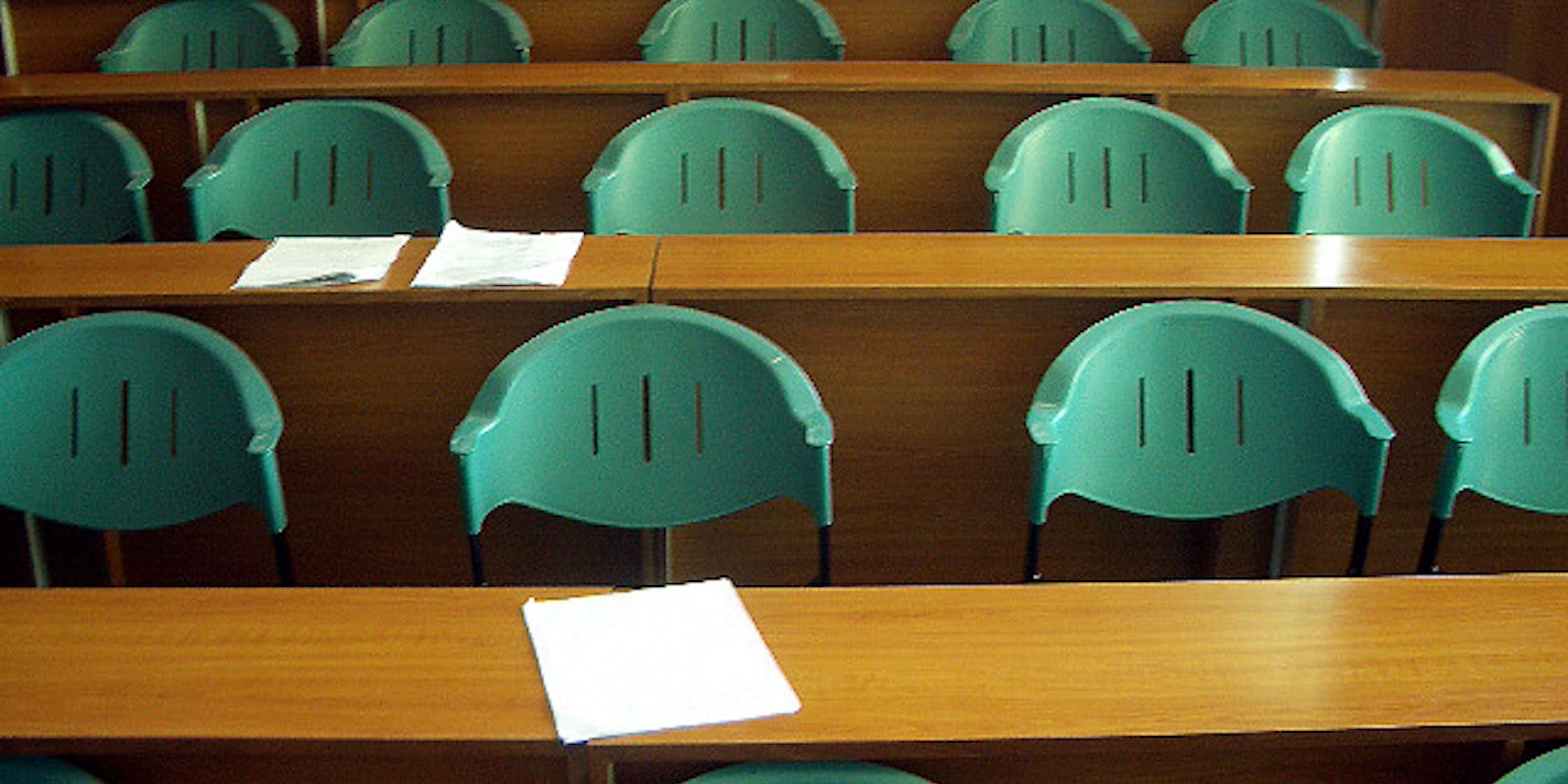A Sunday New York Times article on the lack of a measurable return on investment for technology in schools set off wide-raging, online debate over the holiday weekend.
The article focused on efforts in Chandler, Ariz. but expanded coverage to look at the problem nationally. Ultimately, the article by Matt Richtel concluded “To be sure, test scores can go up or down for many reasons. But to many education experts, something is not adding up — here and across the country. In a nutshell: schools are spending billions on technology, even as they cut budgets and lay off teachers, with little proof that this approach is improving basic learning.”
That conclusion registered a “so what?” with many educators and parents, but others used it as a rallying point to emphasize the need for more and better-trained teachers.
“We have Smart Boards in every classroom but not enough money to buy copy paper, pencils and hand sanitizer..” Scott Thornbury, an author of books on teaching language, quoted from the article in a Tweet to followers.
“Innovation must be more than technology,” educator Josh Densen added.
Presidents dating back to at least the Clinton administration have called for increased spending on technology in schools. Proponents see it as a method that allows students to learn at their own paste. In the idealistic classroom of the future, teachers are seen more as “guides” than experts, helping students navigate through lessons which can involve creating Facebook pages for characters in Shakesperean plays to putting an emphasis on PowerPoint skils.
To be sure, much of the criticism of tech-heavy learning models centers on the use of standardized test scores as validation, and whether or not those test scores can accurately measure skills students need to develop in a modern economy.
“Is the investment in technology worth it? Are we collecting & measuring the right data?” Saline, Mich. Area Schools Superintendent Scot Graden asked his Twitter followers on Monday morning.
Millions of students return to school this week and many will find their classrooms have been remade over the summer to include the latest technology. Others can expect electronic textbooks, which could command as much as 15 percent of the college textbook market this year, up from three percent a year ago.
“Stagnant education scores: it’s not the technology, but the pedagogy that matters,” Harvard Prof. Eric Mazur tweeted in response to the article.
Or, as Richard Gay put it on a Facebook status update, “Technology is not the sole answer. Everytime there is new technology there is a rush to put it in the classroom with no real thought about how the kids will use it. We need to leverage technology in such a way that it assits kids in their learning and not as a substitute teacher. Without critical and creative thinking skills technology is useless.”
